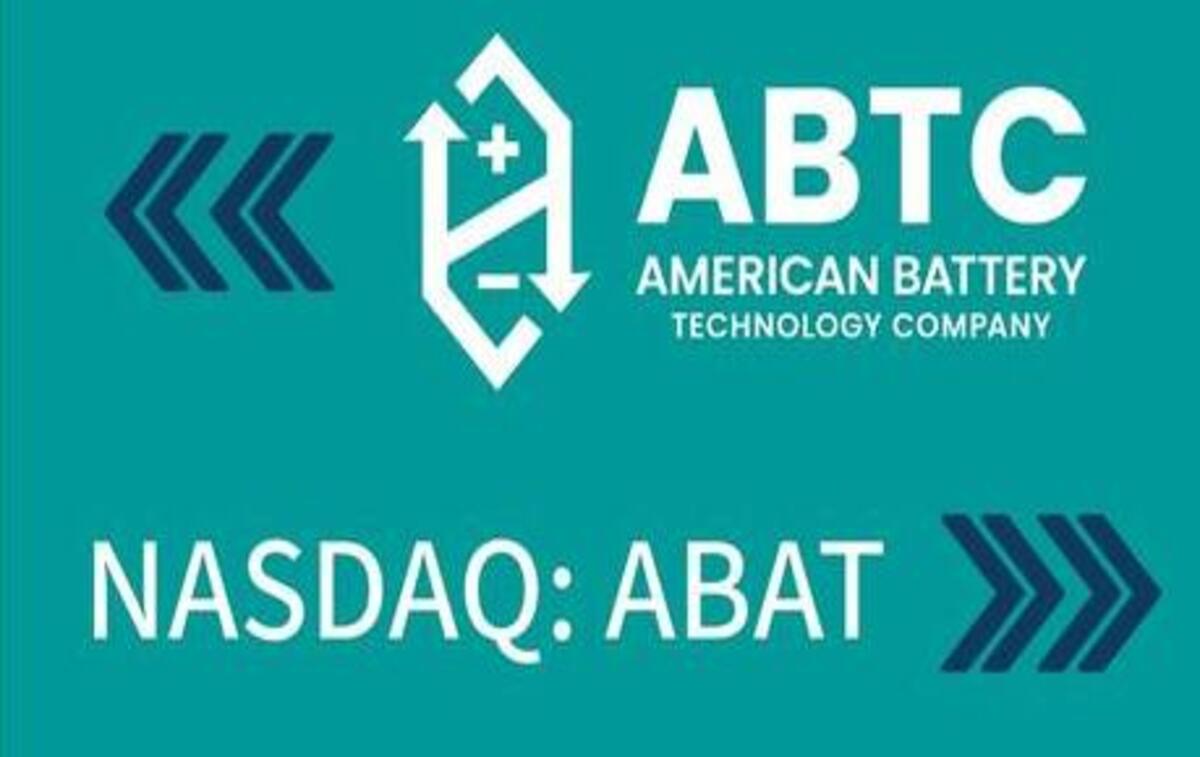American Battery Technology Company Launches First Commercial-Scale Lithium-Ion Battery Recycling Facility in Nevada
American Battery Technology Company (ABTC), a top integrated critical battery materials company traded on NASDAQ under the code ABAT, has reached a major milestone by turning on its large-scale lithium-ion battery recycling plant in McCarran, Nevada.
Ryan Melsert, CEO of ABTC, was excited about this news and emphasized that the company was able to make commercial-scale goods from recovered battery metal in the United States.
This cutting edge building in the Tahoe-Reno Industrial Center (TRIC) uses cutting edge technologies to recycle lithium-ion batteries. ABTC’s new method includes strategic de-manufacturing and targeted chemical extraction, which is different from traditional methods that use high-temperature ovens or grinding systems that aren’t thought out.
This special method is different from other ways of recycling because it guarantees high returns, low costs, and a small impact on the environment.

When it’s fully operational, the plant will handle more than 20,000 metric tons of battery input materials every year. In the first step, recovered materials like copper, aluminum, steel, a lithium intermediate, and a black mass intermediate are made.
TechMet-Mercuria, a global metals trader, and the company that makes these goods have agreed to work together on selling them. This is the second step of ABTC. The goal is to process the lithium intermediate into lithium hydroxide that is good for batteries and the black mass intermediate into nickel, cobalt, manganese, and lithium hydroxide products that are good for batteries.
ABTC has won a number of awards for its work, including the battery recycling part of the Circularity Challenge, which was funded by BASF. A $2 million grant for recovering batteries from the U.S. Advanced Battery Consortium (USABC) and a $20 million grant for a competition project from the U.S. Department of Energy (DOE) were also given to the company.
These projects show that ABTC wants to improve recycling technologies while also lowering their impact on the earth and their costs.
Even though this milestone is a big step forward, it is important to keep in mind the risks that come with it. ABTC meets the same risks as any new business: geological interpretations, exploration results, governmental approvals, economic conditions, product prices, and problems with getting the money to run the business.
With its main office in Reno, Nevada, the company looks to the future while also being aware of possible problems.
ABTC keeps coming up with new ideas to meet the growing needs of the electric car, stationary storage, and consumer electronics businesses as it works to create a circular supply chain for battery metals.
This important accomplishment shows that ABTC is committed to clean energy and will play a major role in shaping the future of battery recovery and clean technology.
Also Read:


